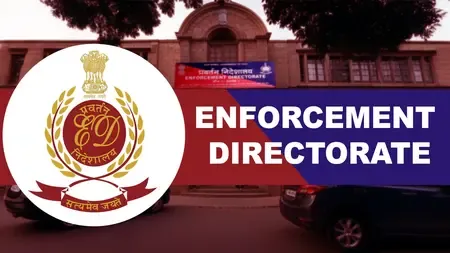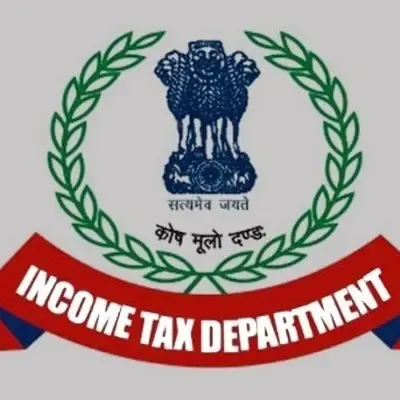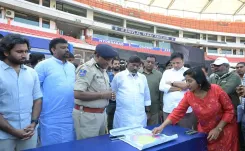Ex-Minister Perni Nani Involved in PDS Rice Controversy

Vijayawada, Dec 31 (NationPress) Andhra Pradesh Police have initiated legal action against former minister Perni Venkataramaih, popularly referred to as Perni Nani, in a case linked to the suspected misallocation of Public Distribution System (PDS) rice.
The Bandar Taluka Police Station in Krishna district has listed the YSR Congress Party leader as the sixth suspect in this case.
It is anticipated that the former minister will be taken into custody, with his wife, Jayasudha, being the primary suspect.
Although Jayasudha has received anticipatory bail from a local court, four other suspects have already been apprehended. The second suspect, Manasa Teja, who serves as Nani's manager, along with Koti Reddy, Assistant Manager of the Civil Supplies Department, rice miller Borra Anjaneyulu, and lorry driver Mangarao, have all been arrested.
The four suspects were presented to the Machilipatnam Special Mobile Judge late on Monday night, where they were remanded to judicial custody for 12 days and subsequently transferred to Machilipatnam Sub-Jail.
This case stems from the disappearance of PDS rice from a buffer warehouse owned by Jayasudha.
An official from the Civil Supplies Department lodged a complaint regarding alleged discrepancies in the handling of 248 tonnes of ration rice.
The warehouse, situated in Potlapalem village, was registered in his wife’s name and later leased to the Civil Supplies Department as a buffer godown, overseen by Perni Nani and his son Krishna Murthy, alias Kittu.
Upon a recent inspection, authorities found that 7,577 bags of PDS rice stored in the warehouse were unaccounted for. Summons were issued to Jayasudha, Nani, and Krishna Murthy, but they did not appear before the investigating officers. Jayasudha later sought judicial intervention, which resulted in her receiving anticipatory bail.
Perni Nani was included among the accused after police uncovered evidence against him during the interrogation of the four arrested individuals.
There are claims of financial transactions among the accused, with evidence of payments made through PhonePay and other online methods.










